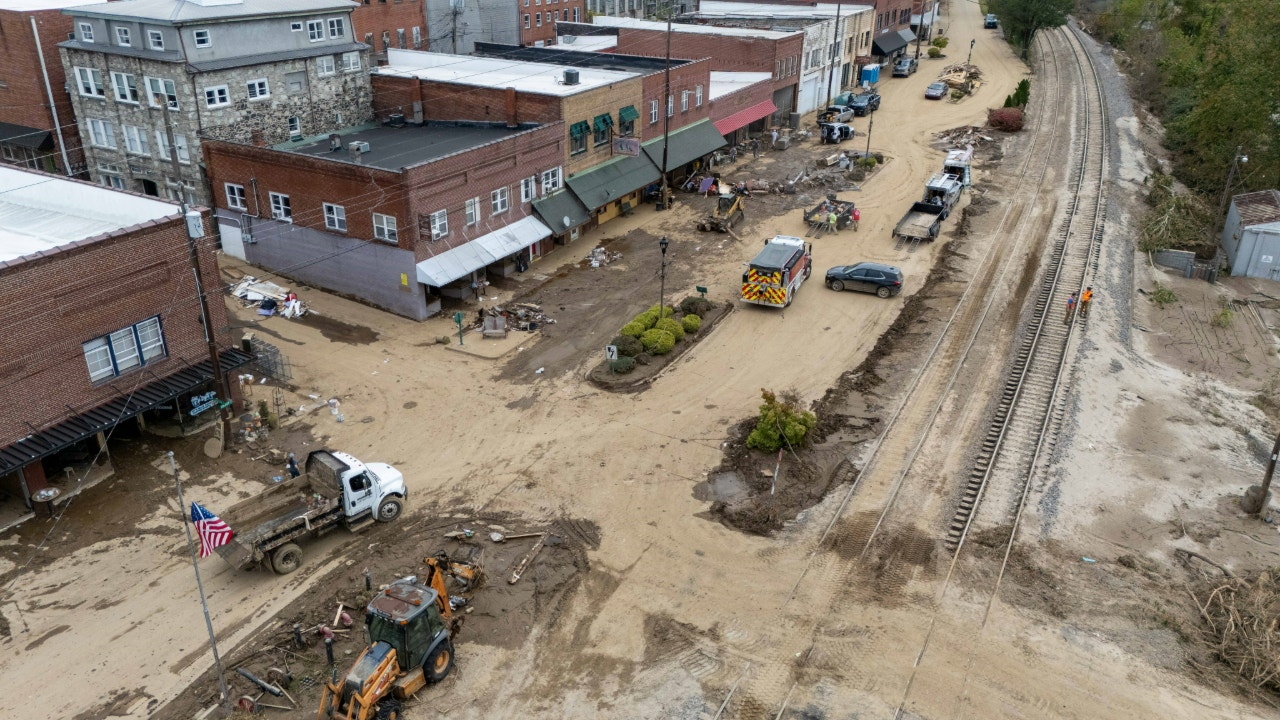With New York City Mayor Eric Adams’ surprise exit from the race on Sunday, democratic socialist mayoral candidate Zohran Mamdani’s plan to freeze rent may get even more attention from freebie-loving voters, but it’s raising concerns for real estate and business leaders that say similar progressive policies have resulted in higher vacancies, deteriorating housing and slow development.
Mamdani, the frontrunner in the race, has centered his campaign around this policy and publicly called out Adams for “squeezing tenants” by increasing rent on stabilized apartments. His platform, “New York is too expensive. Zohran will lower costs and make life easier.”
To bring his vision to life, he plans on freezing rent on all stabilized tenants, construct over 200,000 rent-stabilized new units within 10 years, crack down on landlords and raise $10 billion for his initiatives to improve the quality of life by raising the corporate tax rate to 11.5% and the 1% of wealthiest New Yorker’s a flat 2% tax.
ERIC ADAMS BAILS ON NYC MAYORAL RACE
The last New York City mayor with socialist-leaning policies, Bill de Blasio, says Mamdani is on the right track to support working- and middle-class New Yorkers as they encounter deep housing affordability challenges.
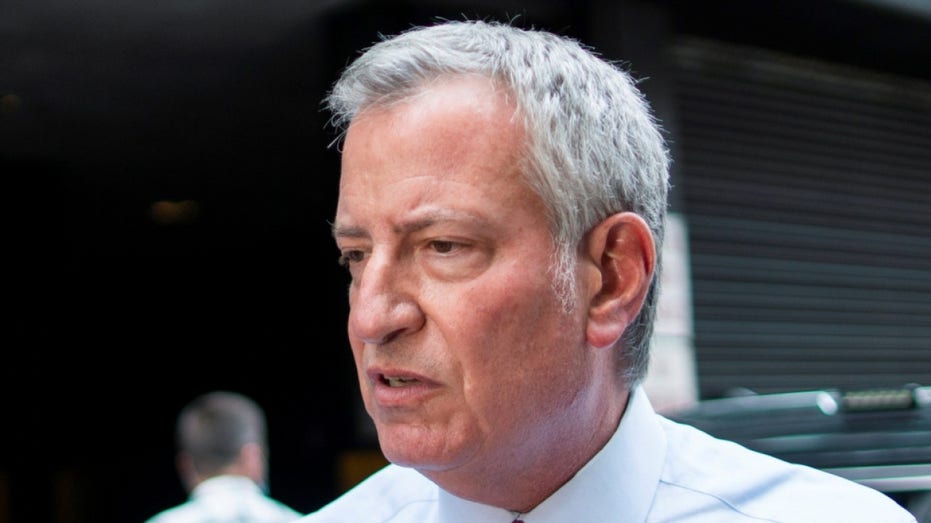
“Although I certainly have not read all of Mamdani’s proposals, he is directionally correct. His vision is generally attainable, although it will certainly require some balancing and refining along the way,” de Blasio said in an email to Fox News Digital.
He also detailed his growing relationship with the 33-year-old candidate and believes him to be very intelligent and practical and, if elected, will inevitably find a way to bring his vision for the city to life.
TREASURY’S BESSENT WARNS ON MAMDANI FALLOUT
Freezing rent is nothing new. During his administration, de Blasio asked the Rent Guidelines Board (RGB), a group of members that decides the acceptable rent increase for the city’s 1 million rent-stabilized apartments, to reevaluate and balance the needs of tenants and landlords. As a result, rent was frozen on rent-stabilized apartments with one-year leases on rent-stabilized units three times in 2015, 2016 and 2020.

“What was clear was the lingering effects of the Great Recession, and later even more so of Covid, had deeply undermined the spending power of tenants, and that had to be recognized in the RGB process,” de Blasio added.
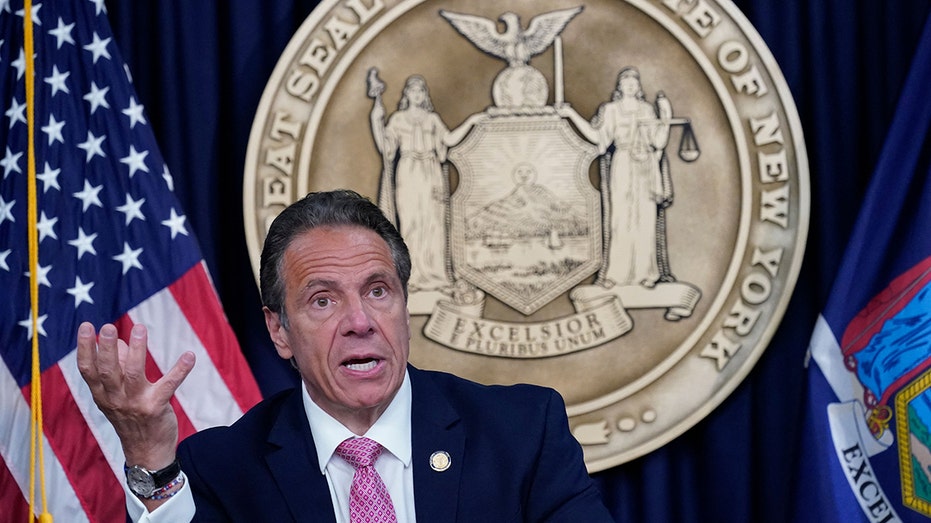
In another push to protect tenants in 2019, then-Gov. Andrew Cuomo put into law the Housing Stability and Tenant Protection Act (HSTP), which included protections against evictions and restrictions on rent increases.
The goal for this act, while de Blasio was mayor, was to ensure rent regulation laws would be strong and lasting, which he believed was vital as New York City became an increasingly high-property-value and high-rent city.
“It was also important to close loopholes in the major capital improvements section of the law, which had the effect of encouraging some landlords to raise rents disproportionately or even displace tenants,” said de Blasio, who continues to push back on the idea that progressive housing policies automatically kill development.
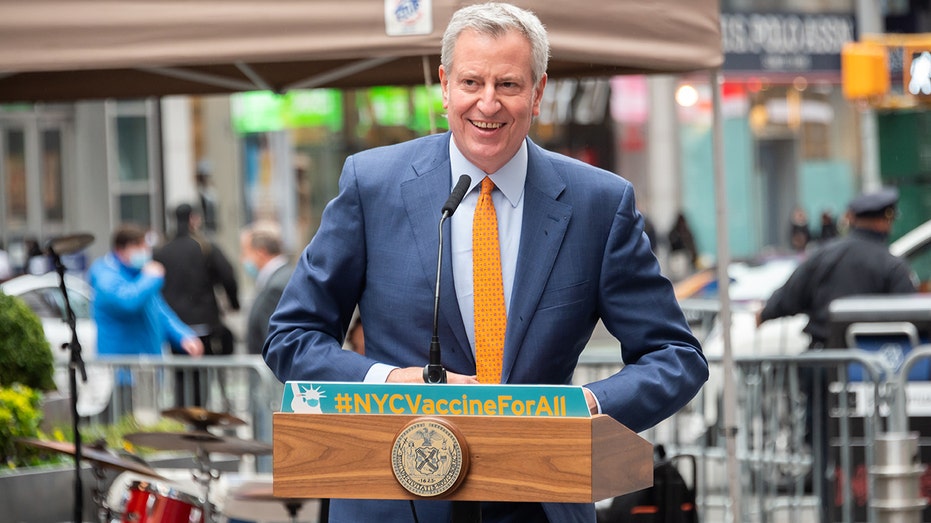
“During my administration, we had tremendous success encouraging developers to build,” he said. “We used appropriate rezonings, targeted subsidies, and faster government approvals to encourage development, and it worked.”
Still, a few years after its implementation, it’s become increasingly challenging to increase rent and stabilize properties, leaving property values down, vacancies up and apartments deteriorating.
As rent stabilization increases, the number of vacant units also increases, as the cost to maintain the property exceeds the rental income. Data from an HSTPA impact study shows that smaller landlords – those owning 10 properties or fewer – were disproportionately affected as rent stabilization increased. In areas where rent is primarily stabilized, the vacancy rate was one-in-four, or 25%.
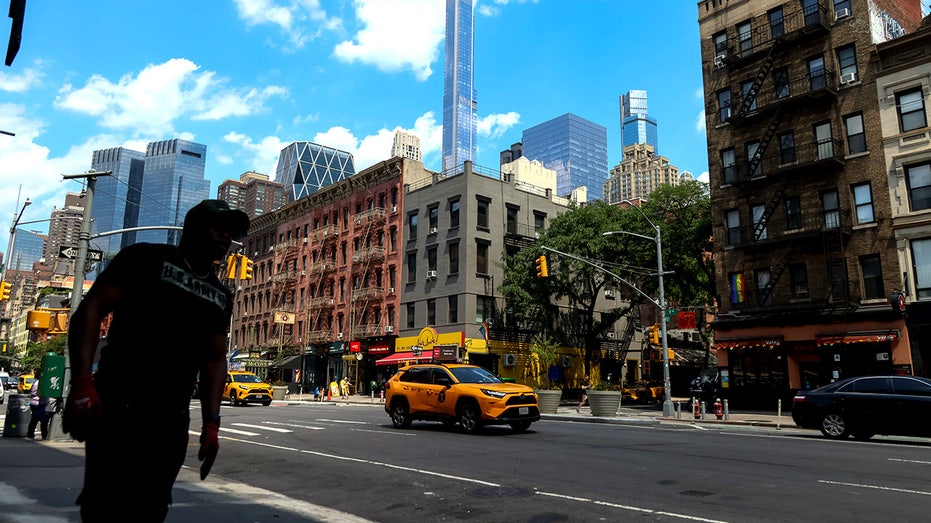
While both small and large portfolio owners are impacted by rent stabilization, the study finds that for large property owners, it’s not profitable to revitalize units at the end of a long tenancy, further driving vacancy.
While existing renters may be smiling over their government-mandated rent, it may soon fade if apartments deteriorate.
CAPITALISM EDGES OUT SOCIALISM…BARELY
Fox News Digital asked de Blasio if the Housing Stability and Tenant Protection Act struck the right balance between tenant protections and encouraging property investment. While de Blasio says he takes concerns of property owners seriously and believes there are a variety of policies to address those concerns, he acknowledged some of the laws’ faults.
“I particularly believe the 2019 State rent regulation laws need to be re-evaluated and altered to encourage investment in buildings,” said de Blasio.
Pierre Debbas, founding partner of Romer Debbas LLP and a leading New York City attorney, feels strongly about Mamdani’s proposals and summed them up in three words: destruction by design.
“If you’re going to enact rent freezes and not allow for an increase when interest rates have almost tripled and every service provider required to manage a building has increased their fees, you’re going to drive added distress in the marketplace and completely demolish demand for these properties,” Debbas said.
NEW POLL REVEALS MAMDANI STILL HOLDS COMMANDING DOUBLE-DIGIT LEAD OVER RIVALS IN NYC MAYORAL RACE
A new Fox News survey of New York City registered voters found Mamdani leading the race by 18 percentage points with 45% support. Cuomo, who is running as an independent candidate, comes in second with 27%.
Mamdani’s campaign did not respond to Fox News Digital’s request for comment.









